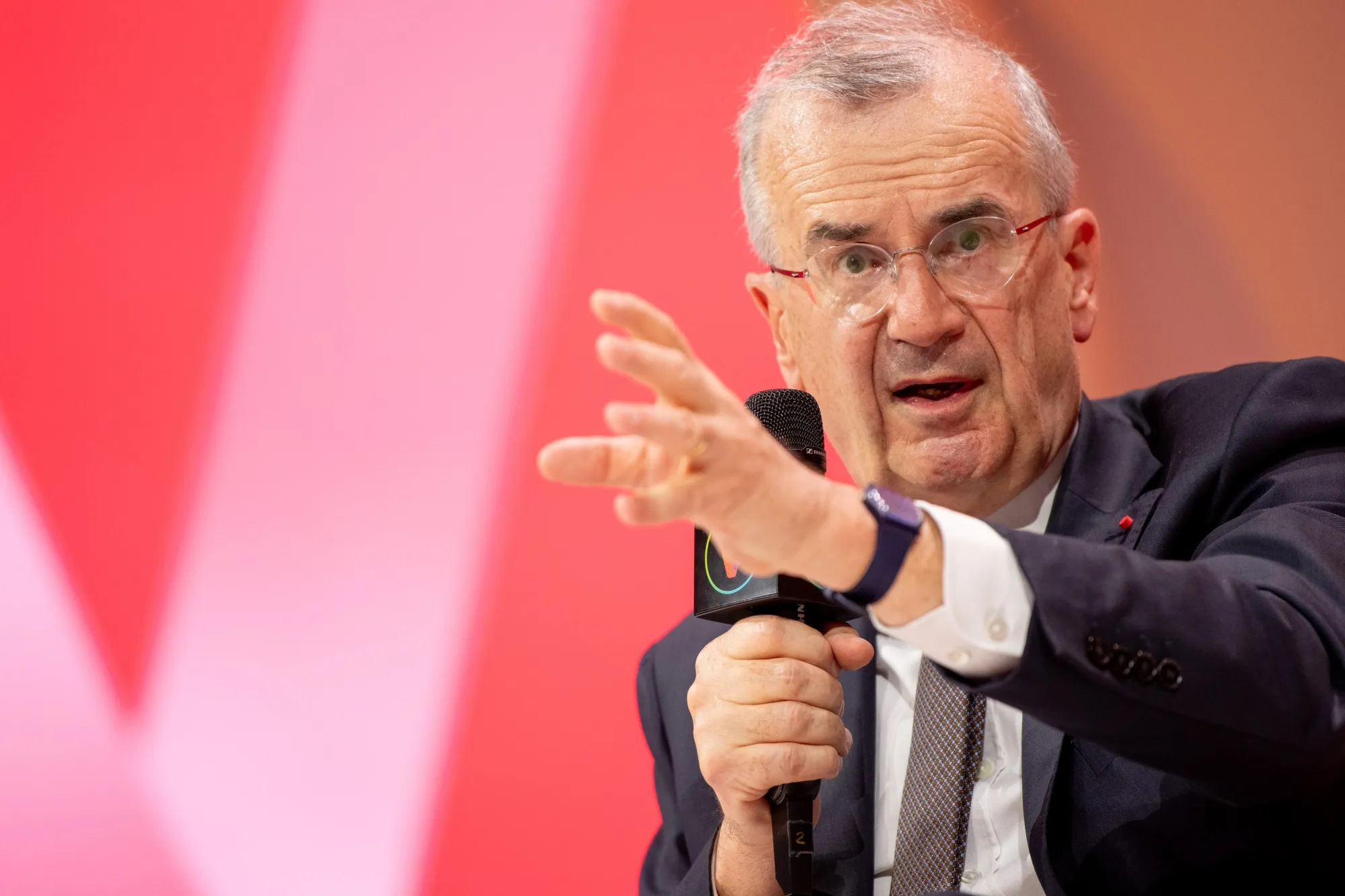Political uncertainty dampens France’s fragile Q4 recovery
France sees slight Q4 growth as firms delay investment amid political uncertainty. Consumption holds, but business spending stalls, keeping equities cautious and sovereign spreads wider as the recovery relies on restoring policy clarity and confidence.

France enters the final quarter of the year with modest economic momentum and an unusually high level of political risk priced into financial conditions. The Banque de France expects slight GDP expansion in Q4, signaling that the economy is avoiding recession but struggling to convert easing inflation and wage gains into a broader recovery. This is not a demand-collapse story — consumption is holding — but a scenario where political uncertainty acts as a tax on investment and hiring decisions.
The mechanism behind the softness is the investment freeze-through uncertainty channel. Business surveys show that companies continue to produce and sell but hesitate to commit capital. Political fragmentation has delayed clarity on fiscal priorities, energy-transition funding, and labor-market reforms. Companies are reluctant to proceed with multi-year investments when future tax treatment and subsidy frameworks are unclear. In France, where the state plays an outsized role in industrial planning, policy ambiguity directly becomes a macroeconomic drag.
Private consumption, historically France’s stabilizer, is holding the line. Disinflation has lifted real purchasing power as consumer-price growth falls faster than nominal wages. Households are still spending on services, travel, and personal care. Yet firms that serve discretionary demand report weaker forward bookings, indicating that consumption alone cannot compensate for deferred investment. The economy can grow modestly without corporate confidence, but it cannot reaccelerate.
Export performance is bifurcated. Aerospace and high-value manufacturing continue to book solid orders, supported by euro-linked pricing and long-cycle delivery schedules. However, smaller exporters tied to Europe’s slow-moving industrial supply chain are seeing softer inquiry volumes. France’s competitiveness dilemma persists: unit labor costs remain elevated relative to core European peers, limiting the ability to capture demand outside high-margin sectors.
Capital markets are reflecting hesitation more than stress. French sovereign spreads versus German Bunds widened modestly as investors priced a higher governance premium. Equity valuations for domestically oriented firms softened while exporters with global revenue exposure maintained multiple resilience. Investors are not pricing crisis; they are pricing policy fog.
The Banque de France’s outlook shows careful optimism: slight expansion in Q4 prevents recession psychology, but the rebound depends on restoring policy certainty. If a stable fiscal roadmap emerges and subsidies under the country’s industrial strategy become predictable, capex could accelerate quickly. France has strong balance sheets in both corporate and household sectors; what is missing is visibility.
Forward risks span three dimensions. First, prolonged political gridlock could keep firms in wait-and-see mode longer than expected. Second, fiscal tightening in 2026 could choke demand just as confidence returns. Third, if energy prices spike, inflation could re-accelerate, complicating the European Central Bank’s timeline for easing. Evidence of a durable turn will show up in rising business-investment intentions, improved order books for capital goods, and narrowing sovereign spreads.
France remains capable of stronger growth, but Q4 performance underscores a structural truth: confidence is now a macro variable.





